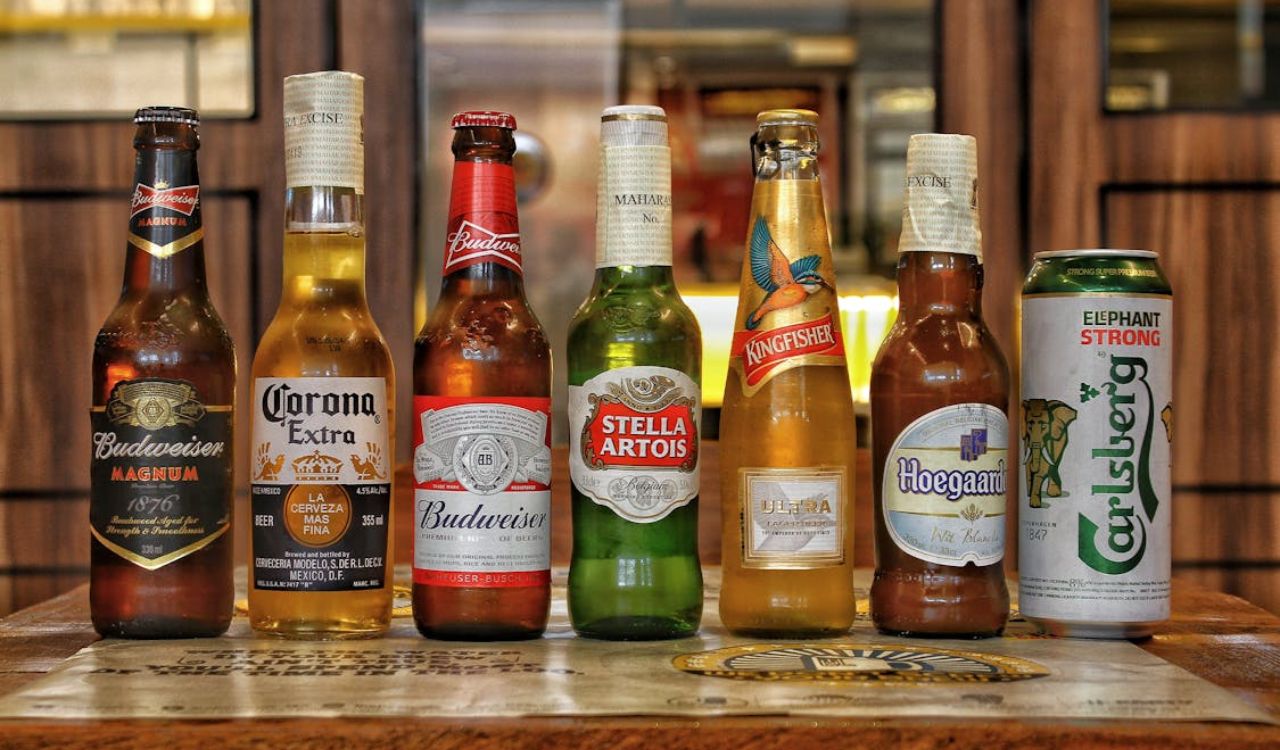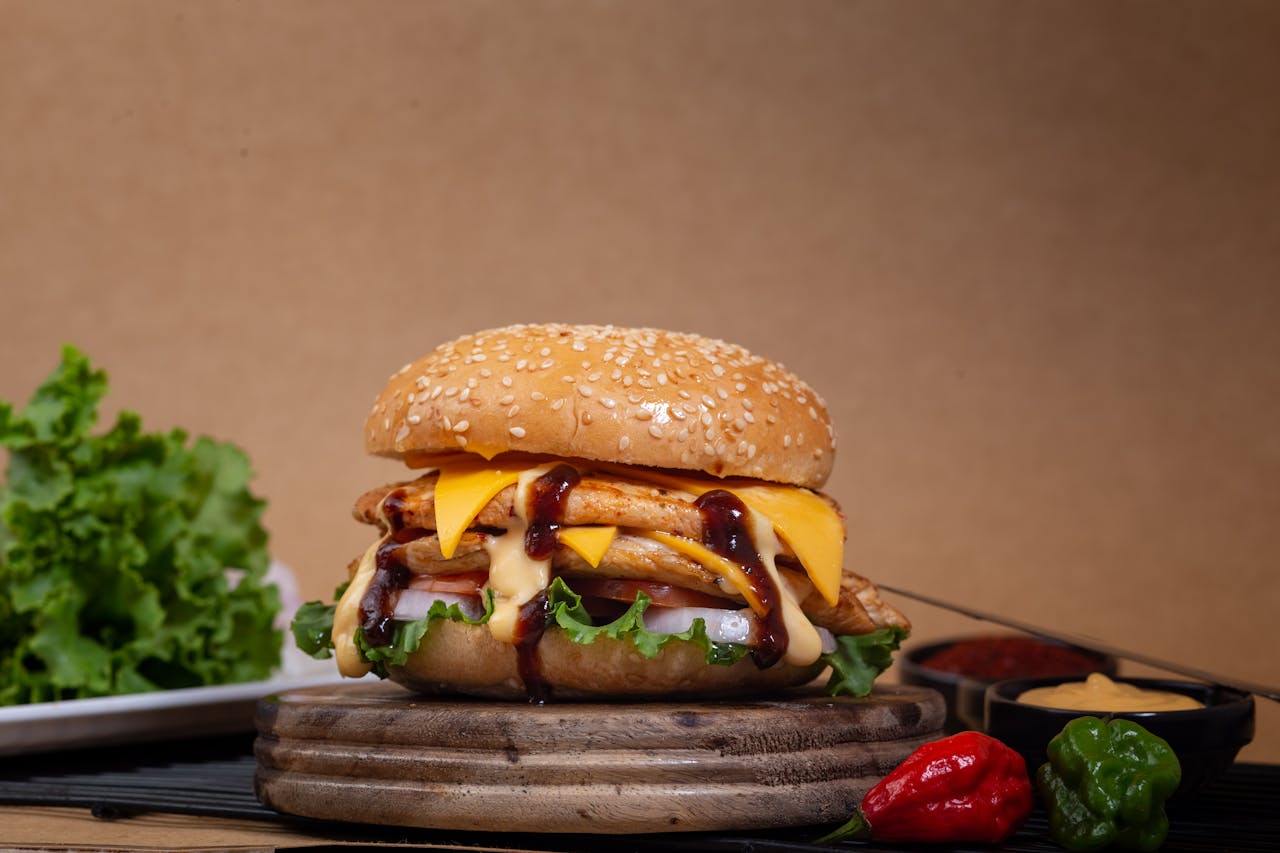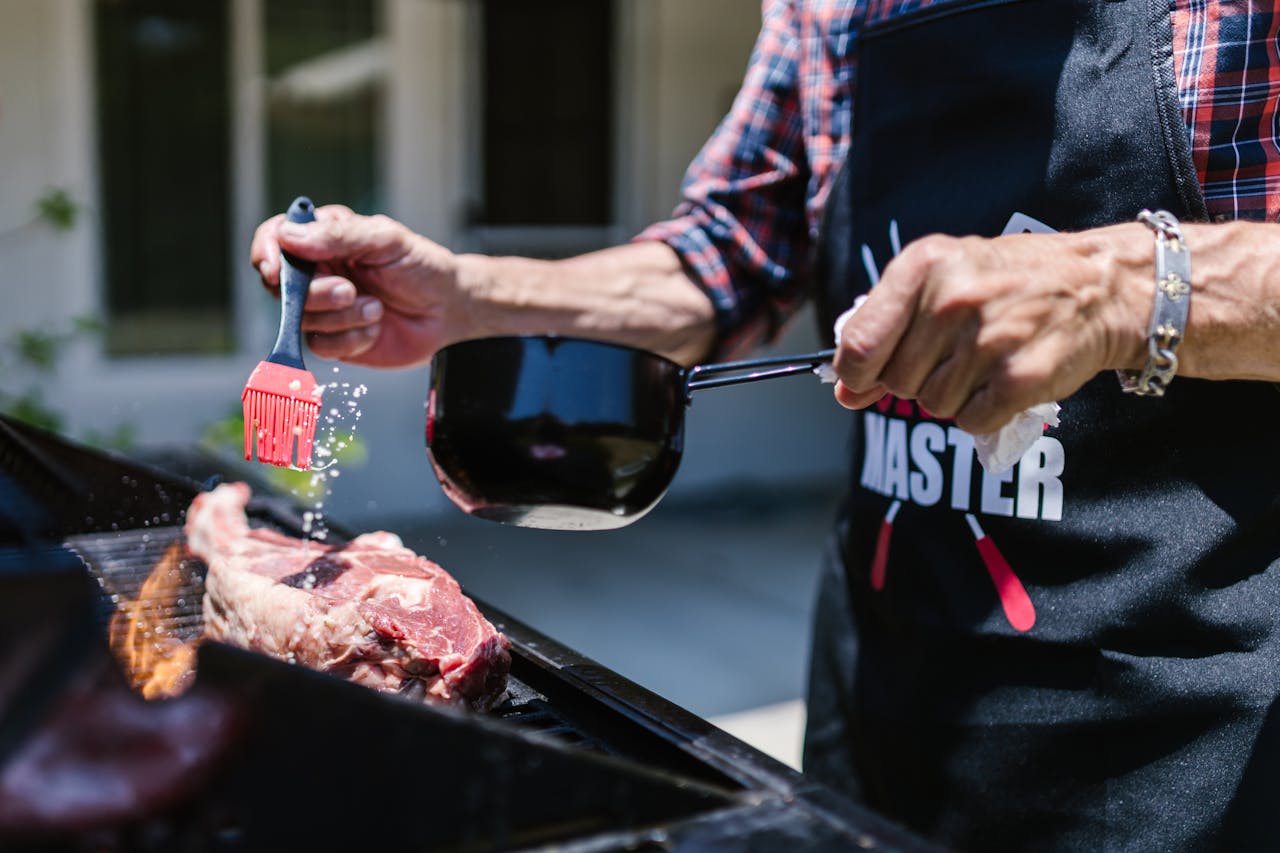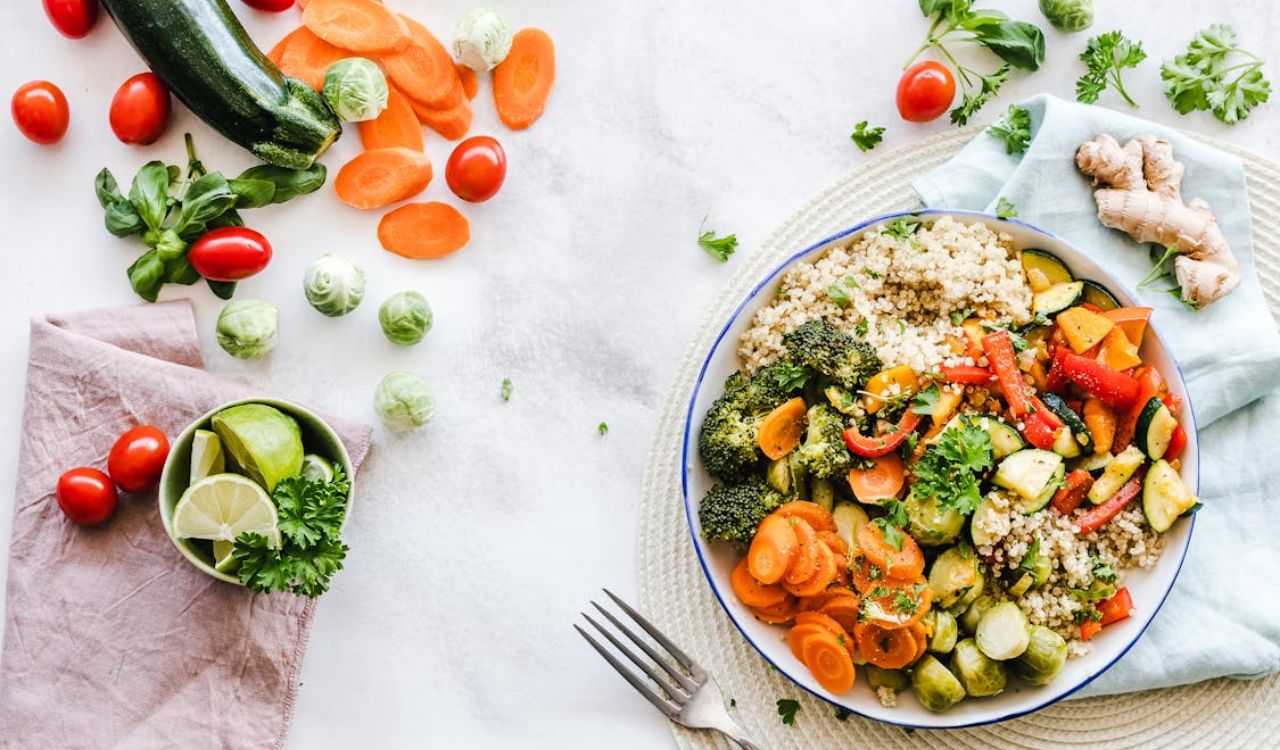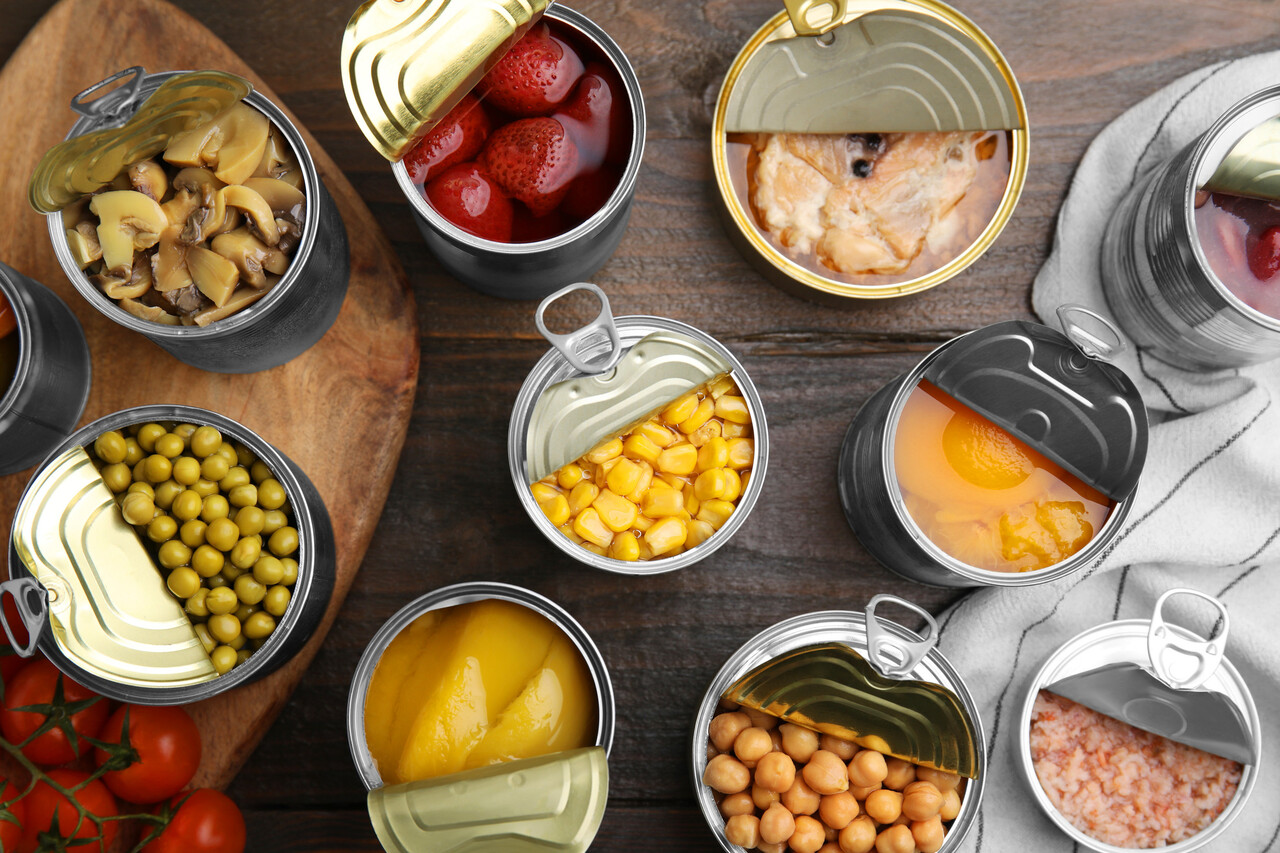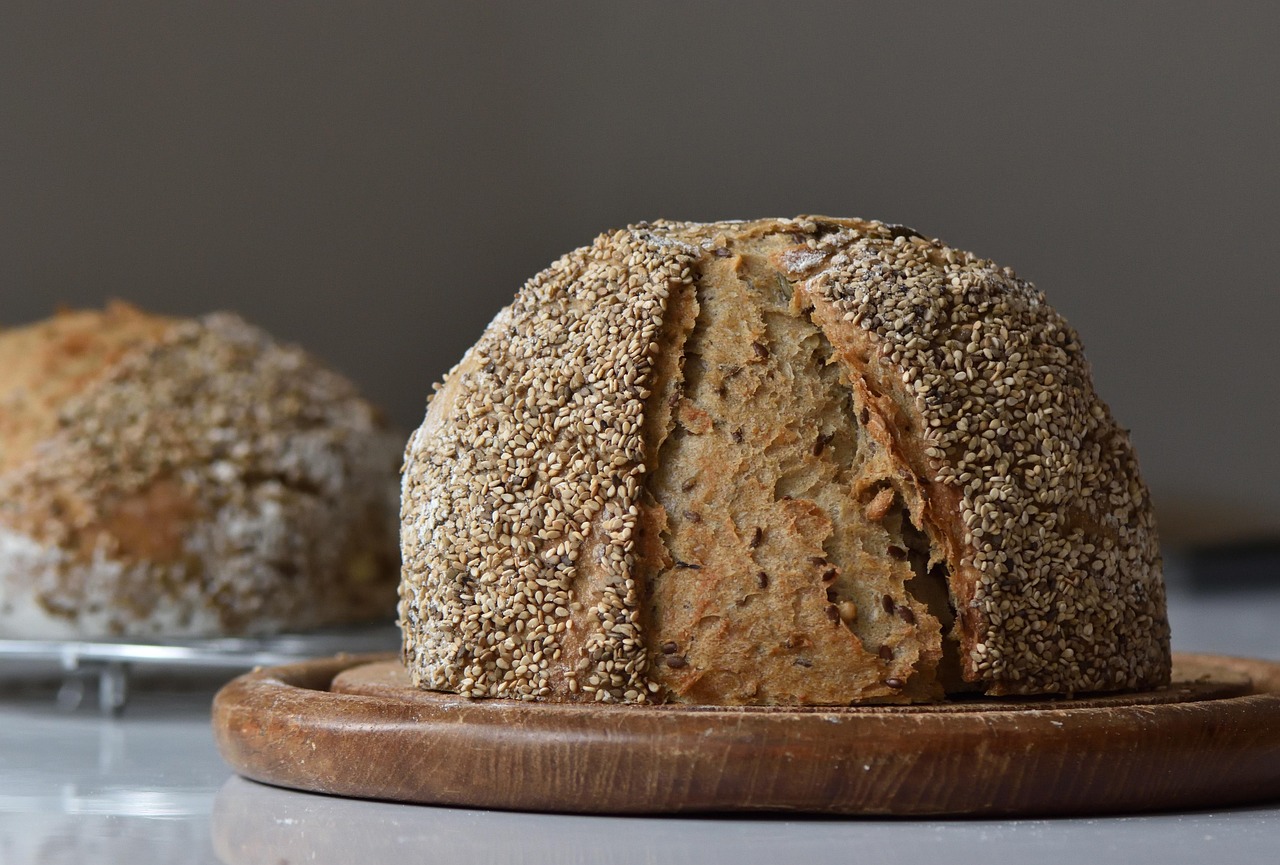Make Perfect Hard Boiled Eggs With This Simple Trick
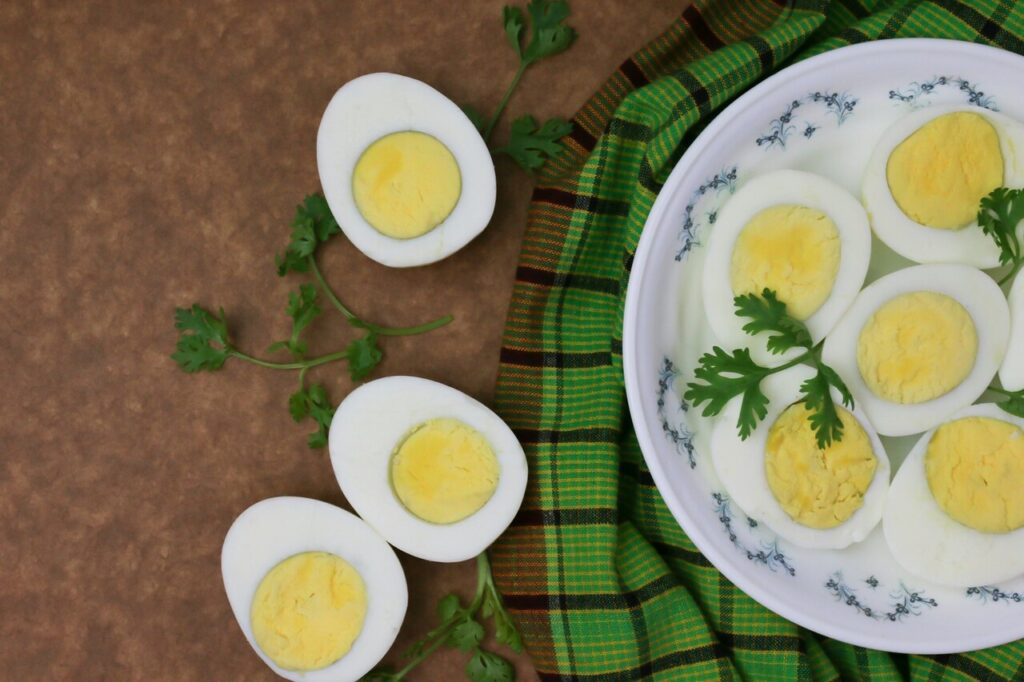
Hard-boiled eggs seem like one of the simplest foods to make, yet they trip up more home cooks than you’d expect.
Sometimes the yolks turn grayish-green, sometimes the shells cling for dear life, and other times the texture just feels off. The difference between a perfect egg and a frustrating one comes down to method.
The good news? There’s a simple trick that takes all the guesswork out. With the right approach, you’ll end up with tender whites, creamy yolks, and shells that peel without a struggle every single time.
Why Hard-Boiled Eggs Can Be Tricky
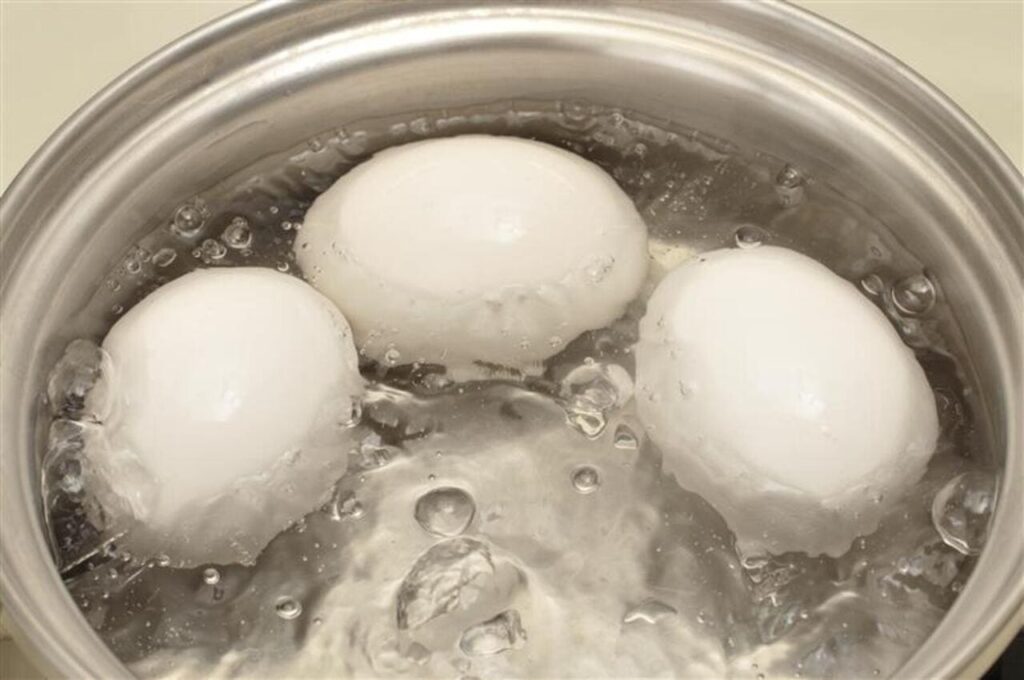
Hard-boiled eggs may look effortless, but timing and temperature play a bigger role than most people realize. Overcooking leads to chalky yolks, while undercooking leaves the center runny.
Shells can also be frustrating. Fresh eggs cling stubbornly, while slightly older eggs tend to peel more easily. The balance between cooking method and egg freshness matters more than you think.
Understanding these basics helps explain why one batch peels beautifully and another falls apart. Once you see the science, the trick to perfect eggs makes sense.
The Problem with Overcooking
When eggs boil too long, sulfur in the whites reacts with iron in the yolks. That’s what causes the dreaded green ring. The flavor suffers, too, turning dry and slightly metallic.
What’s more, the texture of both yolk and white changes dramatically. Instead of tender, you’re left with crumbly yolks and rubbery whites. A shorter, controlled cooking time avoids all of this.
Why Peeling Is So Hard
Peeling struggles usually come down to freshness. Newly laid eggs have a tighter bond between the shell and the membrane. As they age, air pockets form, making the shell separate more easily.
That’s why grocery store eggs, which are usually a bit older, often peel better than farm-fresh ones. But the right cooking method can make even fresher eggs easier to handle.
The Simple Trick: Steam Instead of Boil
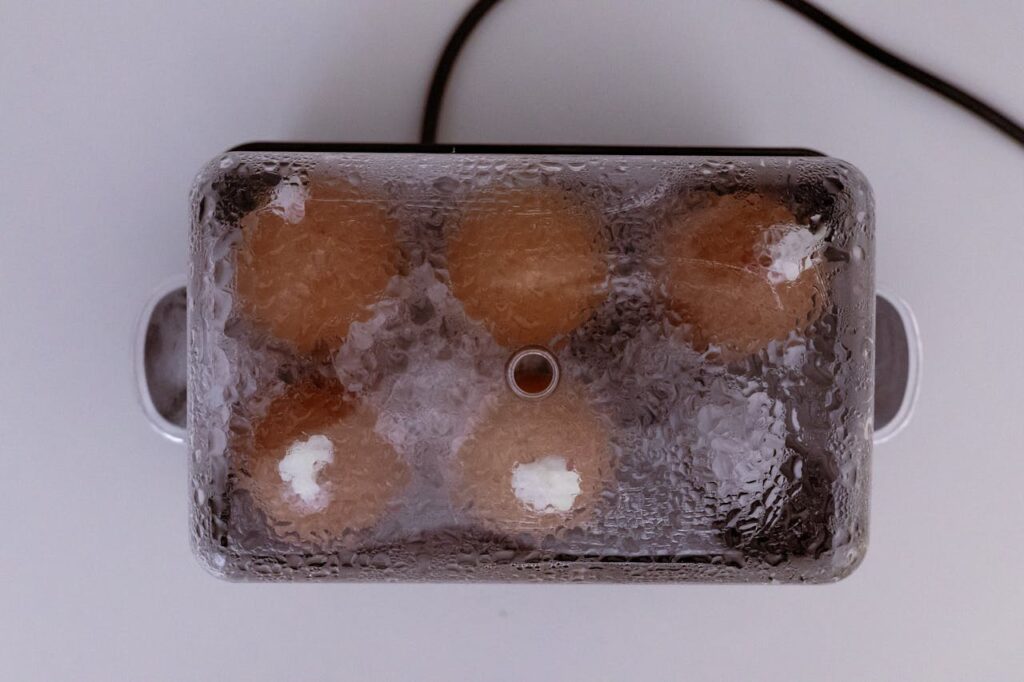
Here’s the thing: boiling eggs directly in water isn’t the best way. Steaming them over boiling water changes everything. The steam penetrates the shell gently and evenly, cooking the egg without the harsh turbulence of bubbling water.
This method not only prevents cracks but also makes peeling far less frustrating. Once you try it, you’ll wonder why you ever struggled with boiling.
How to Steam Eggs Step-by-Step
Place a steamer basket inside a pot with about an inch of water. Bring it to a boil, then add your eggs in a single layer. Cover the pot and steam for about 12–14 minutes, depending on how firm you like your yolks.
Once done, transfer the eggs immediately to an ice bath. This stops the cooking process and helps contract the egg slightly from the shell, making peeling even easier.
Why Steaming Works Better
Steam creates a more consistent cooking environment. Unlike boiling water, it doesn’t jostle the eggs, so shells are less likely to crack. The heat also distributes more evenly, preventing overcooked edges.
Most importantly, the quick shift from steaming to chilling helps the membrane separate cleanly. That’s why peeling feels smooth instead of messy.
Perfecting the Process Every Time
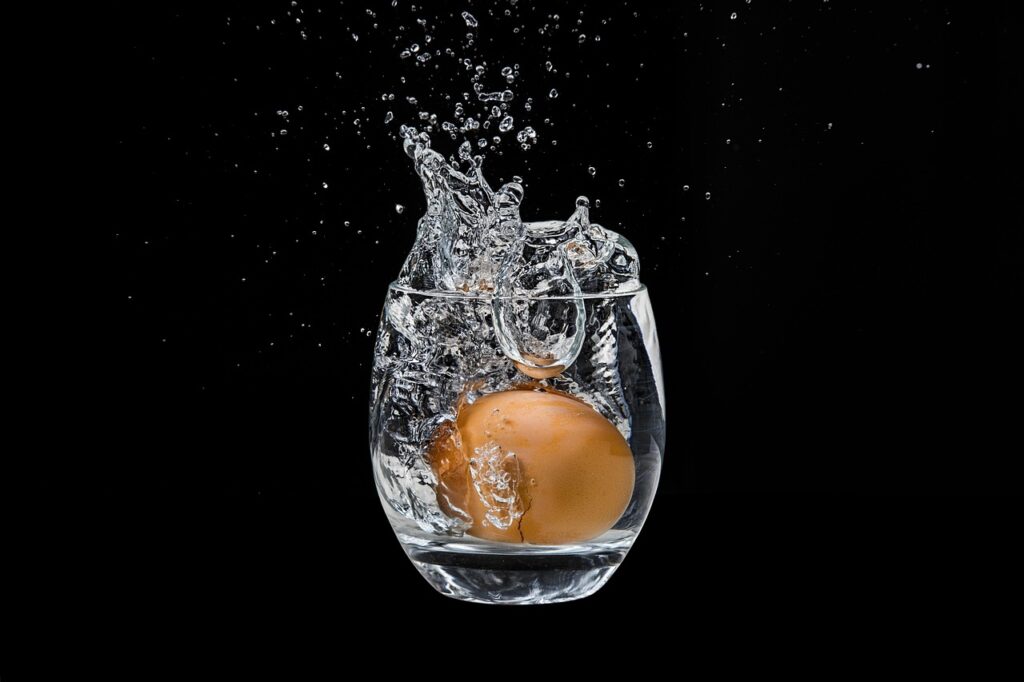
The trick is only part of the story. To really master hard-boiled eggs, you need consistency. That means controlling time, temperature, and cooling.
A little planning ensures you get identical results whether you’re making two eggs or a full dozen. This is what makes meal prep with eggs practical and predictable.
Cooling Is Non-Negotiable
Skipping the ice bath is the most common mistake. Without it, the eggs keep cooking inside, and you lose that creamy yolk. The cold shock also prevents sulfur reactions, so no green ring.
Ten minutes in icy water is usually enough. Once cooled, you can peel immediately or store unpeeled for later.
Storing Hard-Boiled Eggs
If you’re prepping ahead, leave the shells on until you’re ready to eat. The shell protects the egg and keeps it fresher longer. Refrigerated, hard-boiled eggs last up to a week.
For peeled eggs, store them in a sealed container with a damp paper towel inside. This keeps them from drying out.
Hard Boiled Eggs Made Easy
Perfect hard-boiled eggs aren’t about luck; they’re about method. Steaming instead of boiling takes out the guesswork, giving you tender whites, creamy yolks, and shells that peel without a fight. Pair that with an ice bath and proper storage, and you’ll never face chalky eggs again. Whether for breakfast, salads, or meal prep, this simple trick guarantees success every time.


